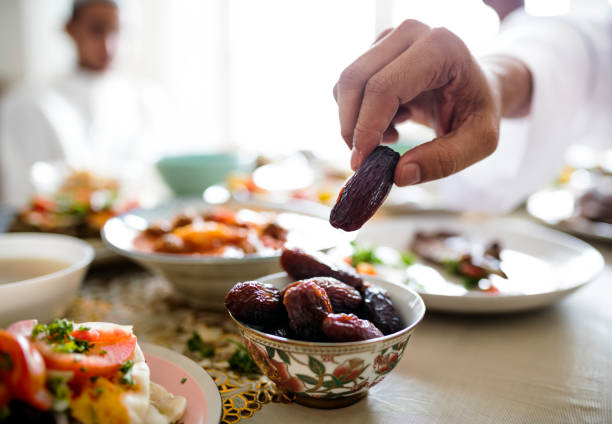
Ramadan, the ninth month of the Islamic lunar calendar, is a significant time for Muslims around the world. It is a month of fasting, prayer, and celebrations, observed by millions of Muslims as a time of reflection, self-discipline, and devotion. As we approach Ramadan in 2023, let’s delve into a comprehensive guide on what to expect during this holy month.
Fasting: The Pillar of Ramadan
Fasting during Ramadan is one of the Five Pillars of Islam and is obligatory for all adult Muslims, with a few exceptions such as pregnant or breastfeeding women, travelers, and those with health conditions. The fast begins from dawn (Fajr) and ends at sunset (Maghrib), during which Muslims abstain from food, drink, smoking, and other physical needs. The purpose of fasting is to purify the soul, cultivate self-control, and foster empathy towards the less fortunate.
Prayer: Increased Devotion
In addition to the five daily prayers that Muslims offer throughout the year, Ramadan also entails additional prayers known as Taraweeh. Taraweeh is a special congregational prayer performed after the night prayer (Isha), where Muslims recite long portions of the Quran, the holy book of Islam. Many mosques hold Taraweeh prayers every night during Ramadan, creating a special spiritual atmosphere that fosters increased devotion and worship.
Reflection and Self-Improvement
Ramadan is also a month of introspection, reflection, and self-improvement. Muslims strive to increase their acts of worship, such as reciting the Qur’an, engaging in voluntary prayers, giving to charity (known as Zakat), and seeking forgiveness from Allah. It is a time to reflect on one’s actions, thoughts, and intentions, and to seek guidance from Allah for self-improvement and spiritual growth.
Community and Family Bonds
Ramadan is a time of community and family bonding. Muslims often come together to break their fast with a meal known as iftar, which is done immediately after sunset. Families and friends gather around the table to share dates, water, and a meal, which is usually followed by Maghrib prayers. Iftar meals can be simple or elaborate, depending on cultural and regional traditions. This communal act of breaking the fast fosters a sense of togetherness, love, and care among Muslims.
Pre-dawn Meal: Suhur
Another important aspect of Ramadan is the pre-dawn meal known as Suhur. It is consumed before the fast begins at dawn and is considered a blessed time to seek blessings from Allah. Suhur is usually a wholesome meal that provides sustained energy throughout the day of fasting. It is encouraged to partake in Suhur to ensure the body is well-nourished for the day of fasting ahead.
Celebrations: Eid-ul-Fitr
The end of Ramadan is marked by the celebration of Eid-ul-Fitr, which is one of the two major Islamic festivals. It is a joyous occasion that brings together families and friends to celebrate the completion of the month of fasting. Muslims start their day with a special congregational prayer known as Salat-ul-Eid, followed by exchanging gifts, sharing meals, and engaging in acts of charity. It is a time of forgiveness, reconciliation, and spreading joy among the community.
Tips for a Healthy Ramadan
Fasting during Ramadan can be physically and mentally challenging, but with proper planning, it can be a spiritually enriching experience. Here are some tips for a healthy Ramadan:
1. Stay hydrated: Drink plenty of water and other fluids during the non-fasting hours to prevent dehydration.
2. Eat a balanced diet: Opt for wholesome, nutritious meals during Suhur and Iftar to ensure that your body gets the necessary nutrients to sustain throughout the day of fasting. Include foods rich in fiber, protein, healthy fats, and complex carbohydrates to keep you energized.
3. Pace yourself: Avoid overeating during Iftar and Suhur, as it can lead to discomfort and bloating. Instead, eat small, balanced meals and listen to your body’s cues of hunger and fullness.
4. Avoid unhealthy habits: Stay away from excessive caffeine, sugary and fried foods, as they can cause dehydration, weight gain, and sluggishness. Opt for natural and whole foods that are beneficial for your body.
Conclusion
Ramadan is a month of spiritual renewal, community, and family bonding for Muslims around the world. Fasting, prayer, reflection, and self-improvement are the key pillars of this holy month, culminating in the celebration of Eid-ul-Fitr.